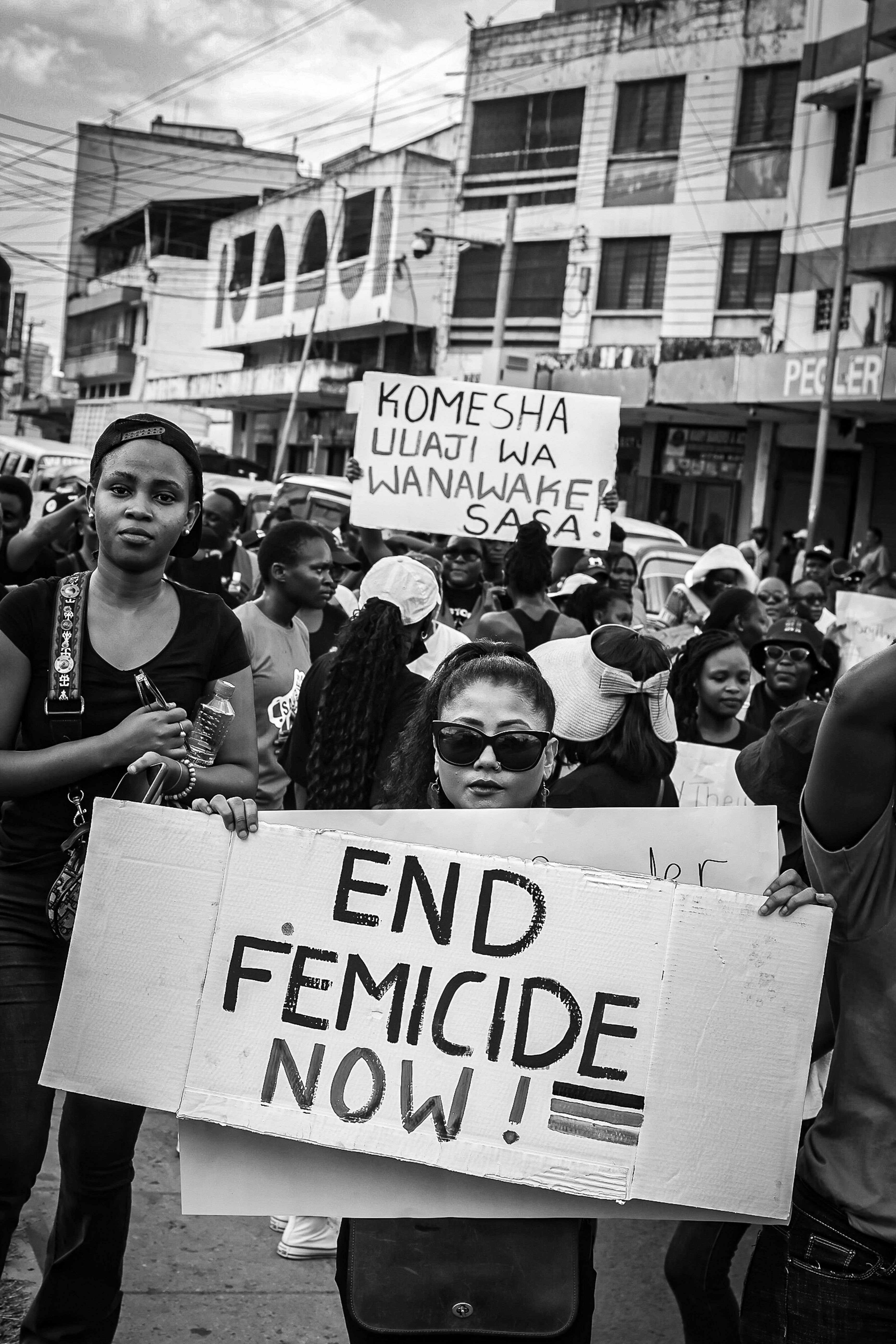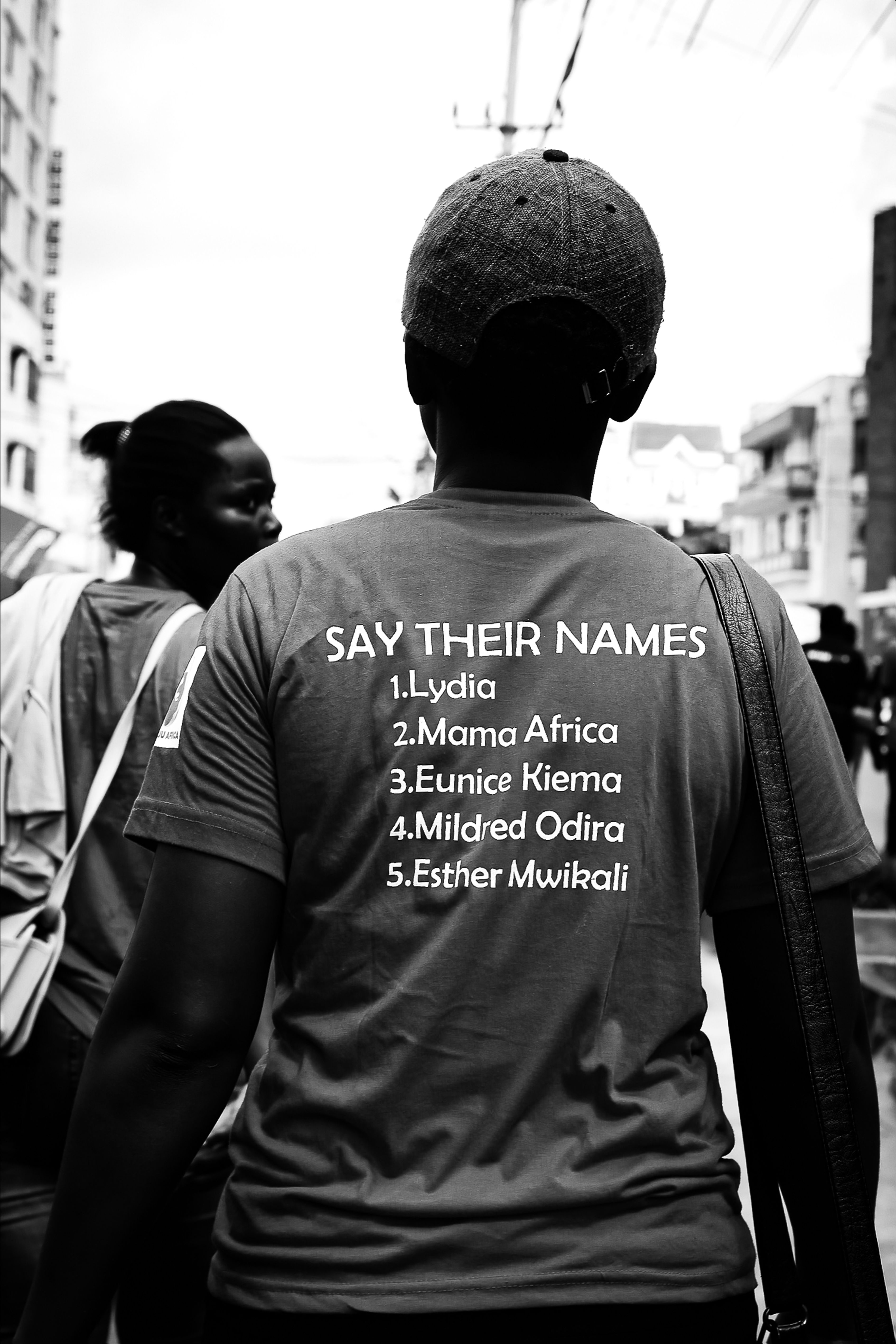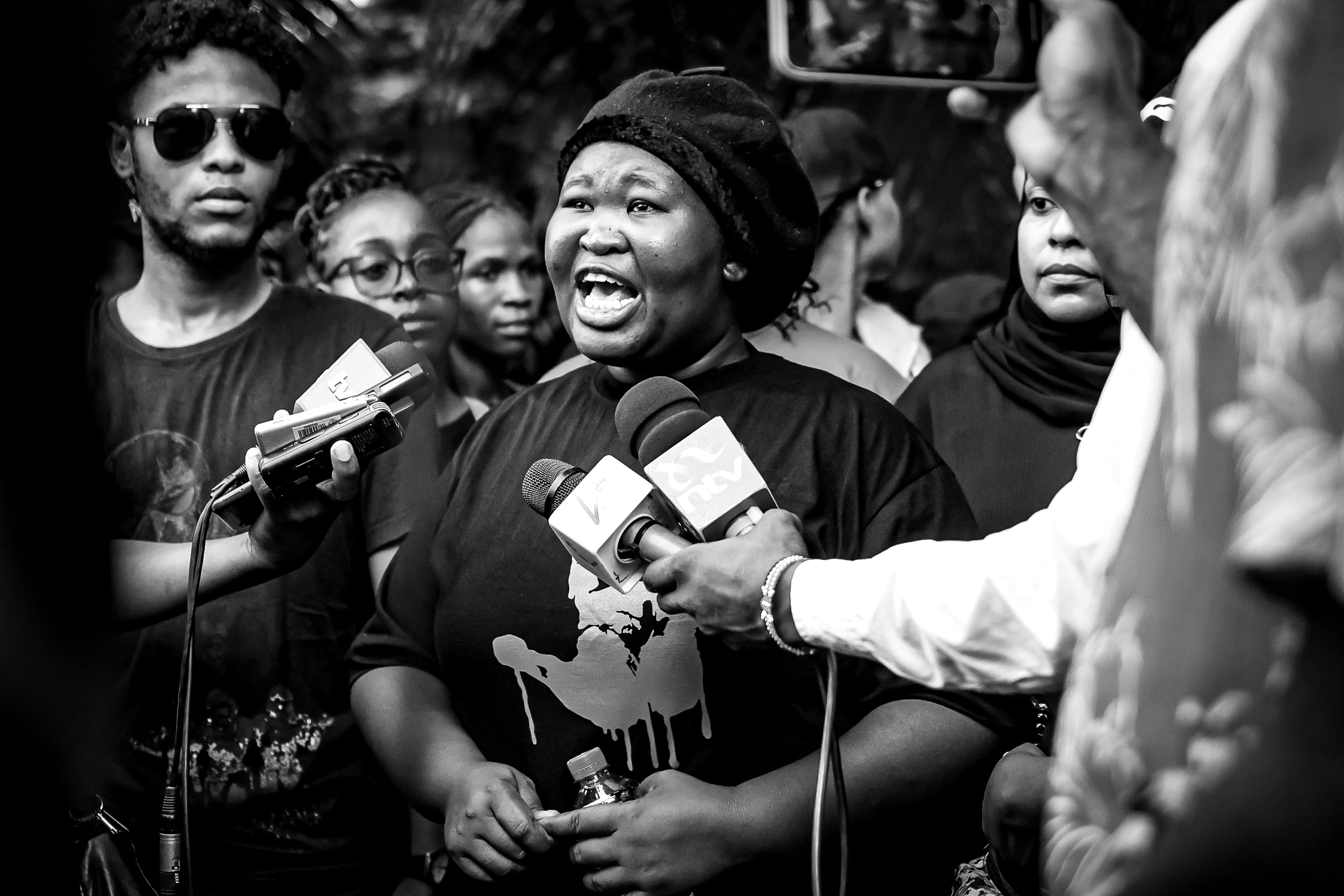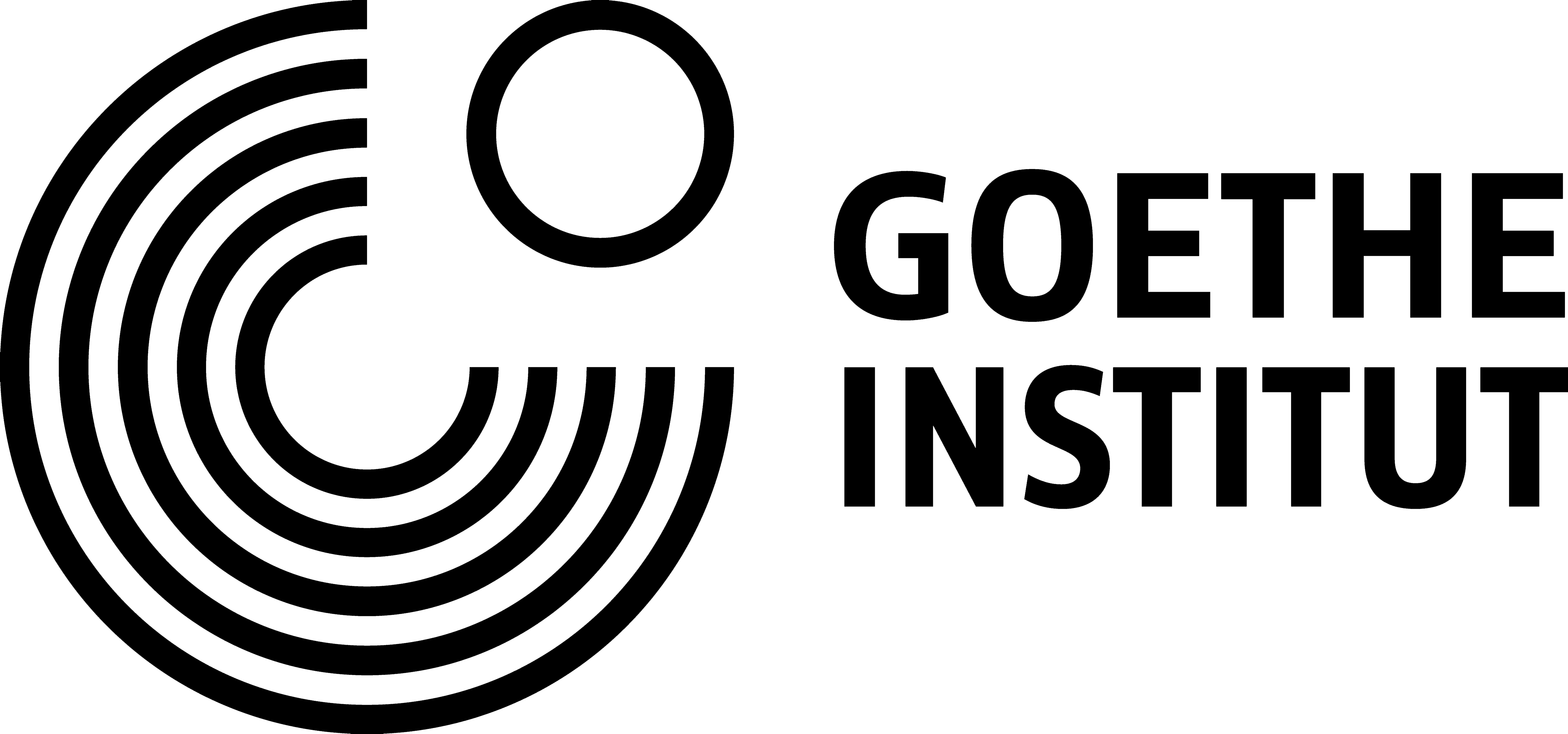Women’s March
Sherie Margaret Ngigi
Throughout history, women across the African continent have harnessed the power of collective action to challenge oppressive structures. Whether through song, protest, or online movements, their resistance has been a vital force in confronting social injustice. This tradition of activism is not confined to a single nation or moment in time but spans generations and borders, as seen in both historical and contemporary struggles. Just as South African women united in 1956 with Wathint’ abafazi, wathint’ imbokodo, recent movements in Kenya demonstrate that the fight for justice and equality continues to reverberate across the continent, with women leading the call for change.
 Sherie Margaret Ngigi, End Femicide, Photograph, 2024
Sherie Margaret Ngigi, End Femicide, Photograph, 2024
 Sherie Margaret Ngigi, She’s Someone, Photograph, 2024
Sherie Margaret Ngigi, She’s Someone, Photograph, 2024
In this vein, Kenyan photographer, Margaret Ngigi, presents a compelling series of black-and-white images, captured between 2022 and 2024, documenting a protest led predominantly by women against the escalating epidemic of femicide in Kenya. Through her lens, Ngigi not only illuminates the resilience and agency of women in their daily lives but also highlights the critical need to address the systemic and social issues undermining women’s bodily autonomy and right to safety. Femicide is a widespread crisis across the African continent and symptomatic of deep-rooted gender-based violence and discrimination. Despite the persistent struggle for fundamental rights—such as the right to live freely and on one’s own terms—women are still not safe and respected. Ngigi’s work powerfully reminds us of the ongoing fight for equality and the urgent need for change.
 Sherie Margaret Ngigi, Names of the Fallen, Photograph, 2024
Sherie Margaret Ngigi, Names of the Fallen, Photograph, 2024 Sherie Margaret Ngigi, Voices of Resistance, Photograph, 2024
Sherie Margaret Ngigi, Voices of Resistance, Photograph, 2024
Through the 2022–2024 protest, which included marches organised by human
rights groups and online activism, women from all backgrounds came together to condemn the pervasive culture of gender - based violence in
their communities and demand justice and systemic reform. They called for
accountability from authorities and an end to the impunity surrounding femicide
cases. Their brave defiance not only spotlighted the alarming rates of
violence against women but also challenged entrenched patriarchal norms
that sustain gender inequality and discrimination. In the face of adversity,
these movements embodied resilience and solidarity, driving a powerful call for change and a future where women
can live free of the fear of violence.
In examining the powerful movements
against femicide in Kenya, we find a reflection of the essential role self
- sufficiency plays in building strong communities. The protests organised
by women from diverse backgrounds illustrate the significance of individual empowerment. For a community
to thrive and effectively advocate for change, its members must first ensure
their own well - being. This focus on personal agency creates a robust
foundation for collective action, where individuals can meaningfully
contribute to their common cause.

Sherie Margaret Ngigi
KenyaSherie Margaret Ngigi (b. March 3, 1995) is a Kenyan visual artist, photographer, and filmmaker whose work explores themes of identity, womanhood, and societal change. Based in Kenya, Sherie uses photography and film to document her personal journey and the complexities of growing up in a rapidly evolving world. Her photographic practice began in 2015, and she has quickly established herself as a rising star in the East African art scene. Her work has been recognized with prestigious awards such as the 2022 East African Photography Awards and a nomination for the 2020 Photo London Emerging Photographer of the Year.
Sherie's photographs often focus on intimate moments and personal narratives, capturing the beauty and resilience of the human spirit. Her solo exhibitions, including Murky Waters (2020) in London and Forever Is Not Ours (2023) at One Off contemporary art gallery, showcase her ability to create powerful and thought-provoking imagery. Her work has also been featured in international art fairs such as Photo Basel and Photo London with AKKA Project.
In 2023 and 2024, Sherie expanded her practice to documentary photography, with works such as End Femicide (2024), Names of the Fallen (2024), She’s Someone (2024), and Voices of Resistance (2024), all addressing urgent societal issues and advocating for justice and equality. These works highlight her commitment to using her art as a tool for activism and social change. Through her art, she seeks to create a visual dialogue about the challenges and opportunities that young people face today.

